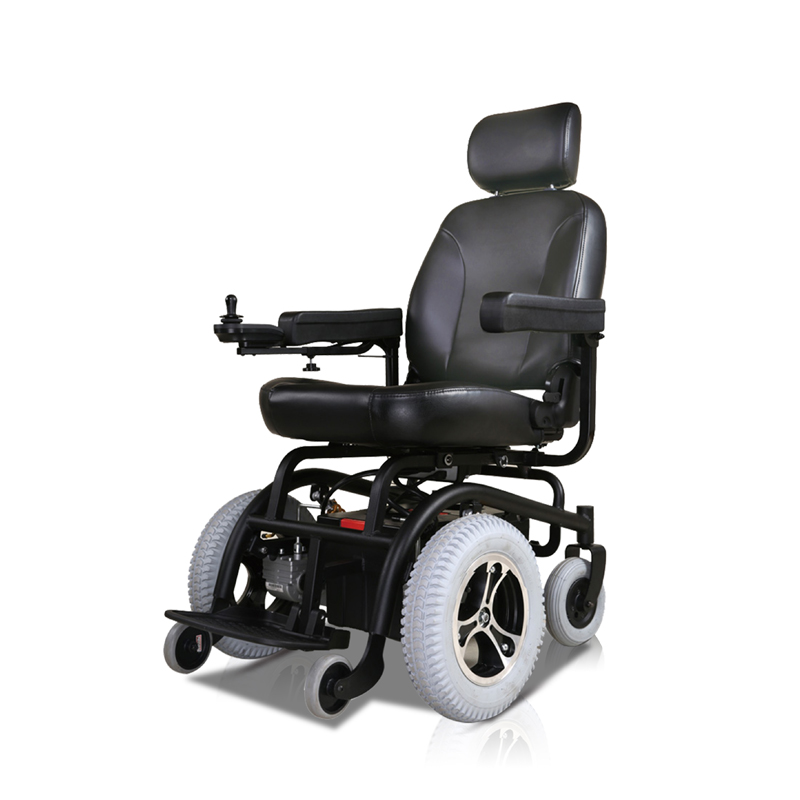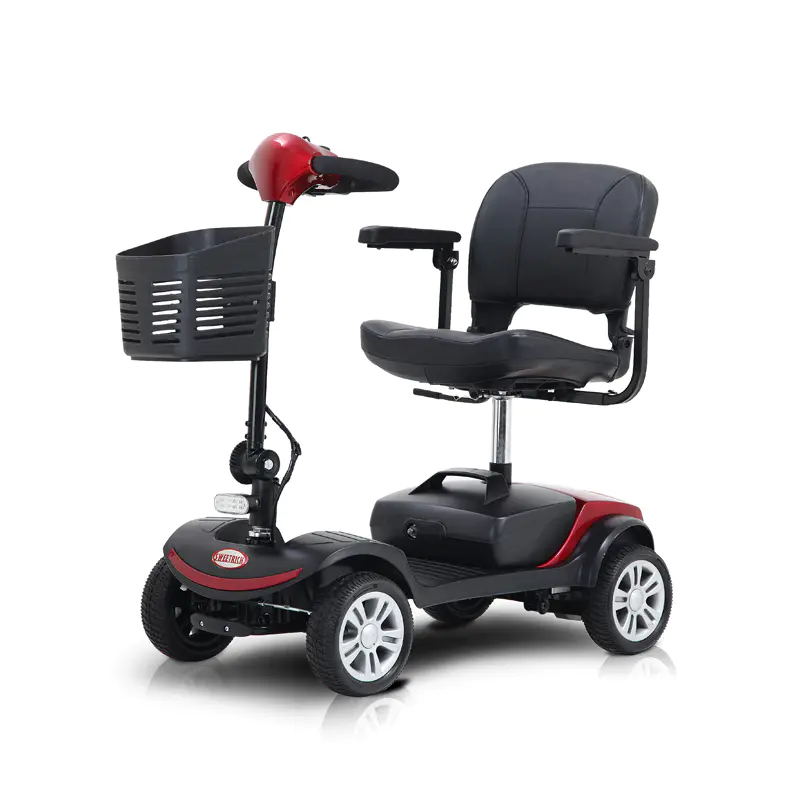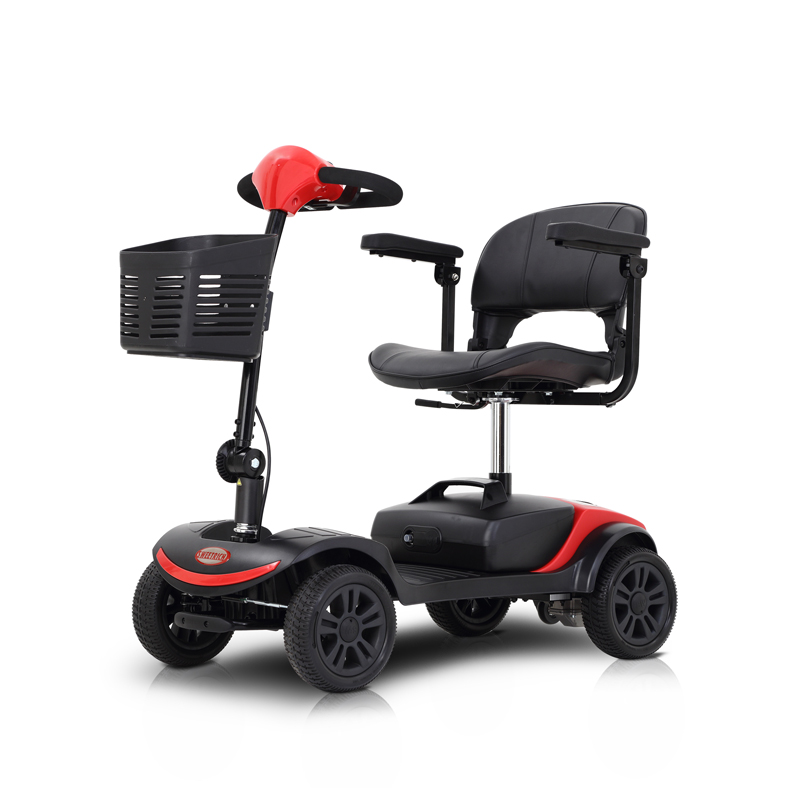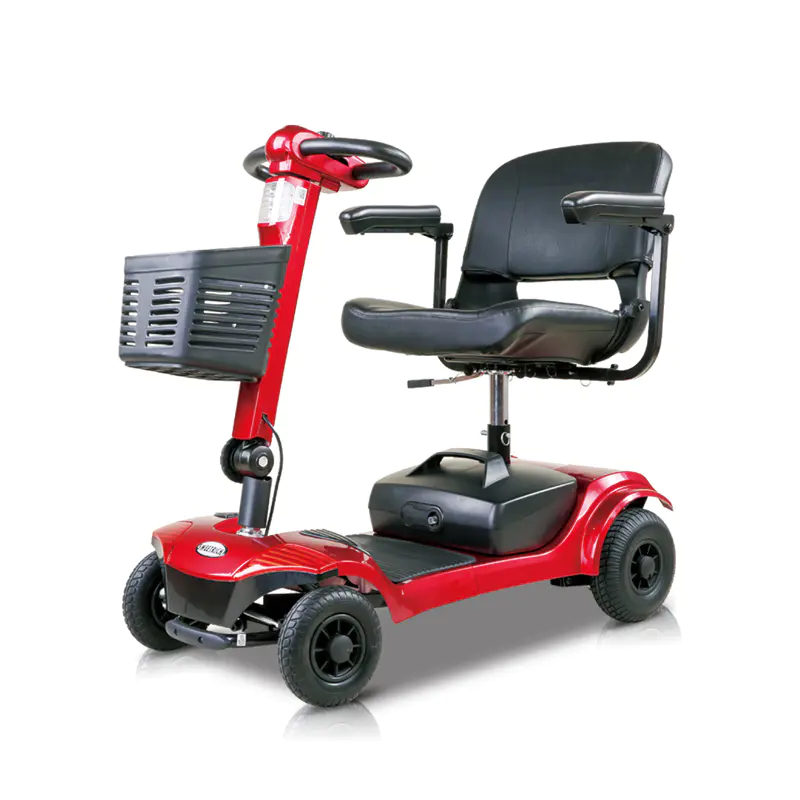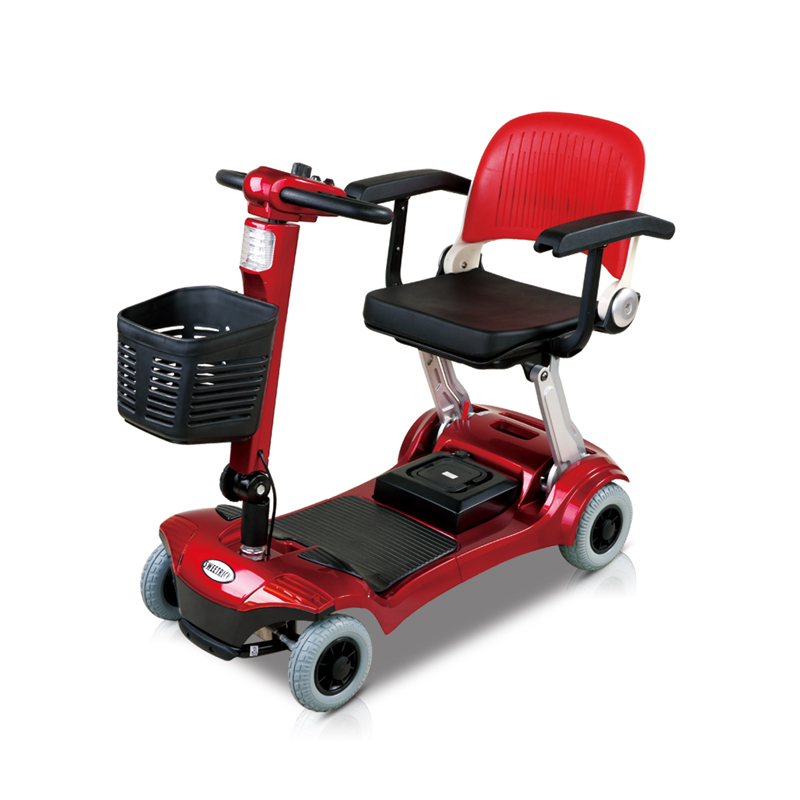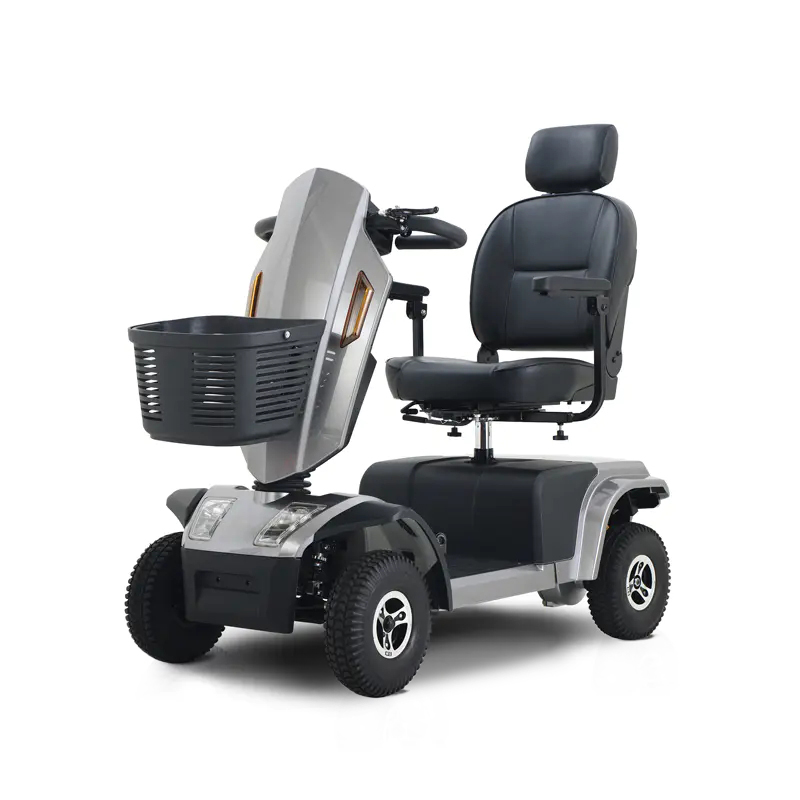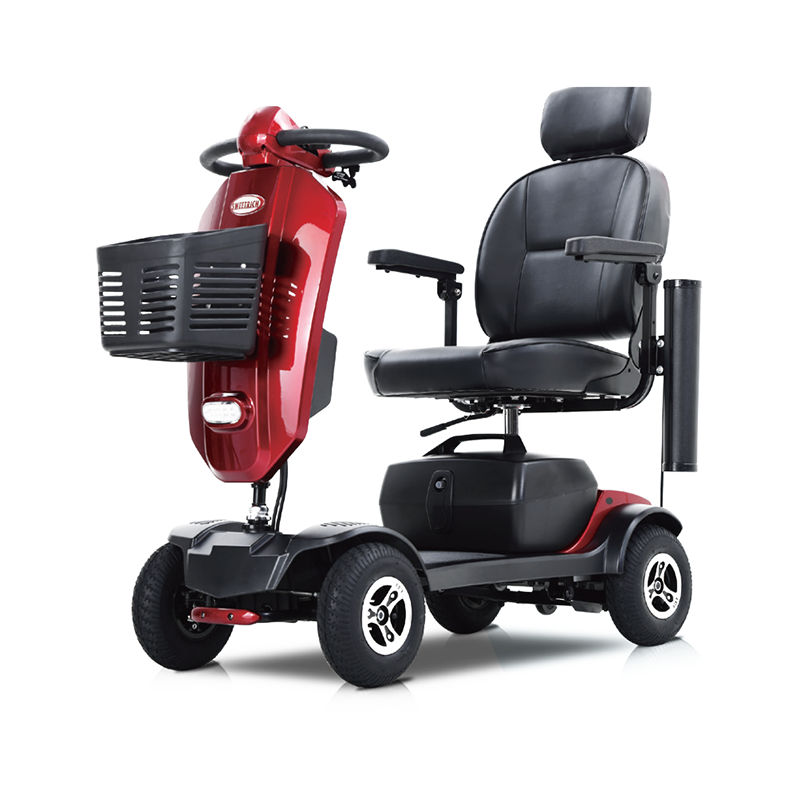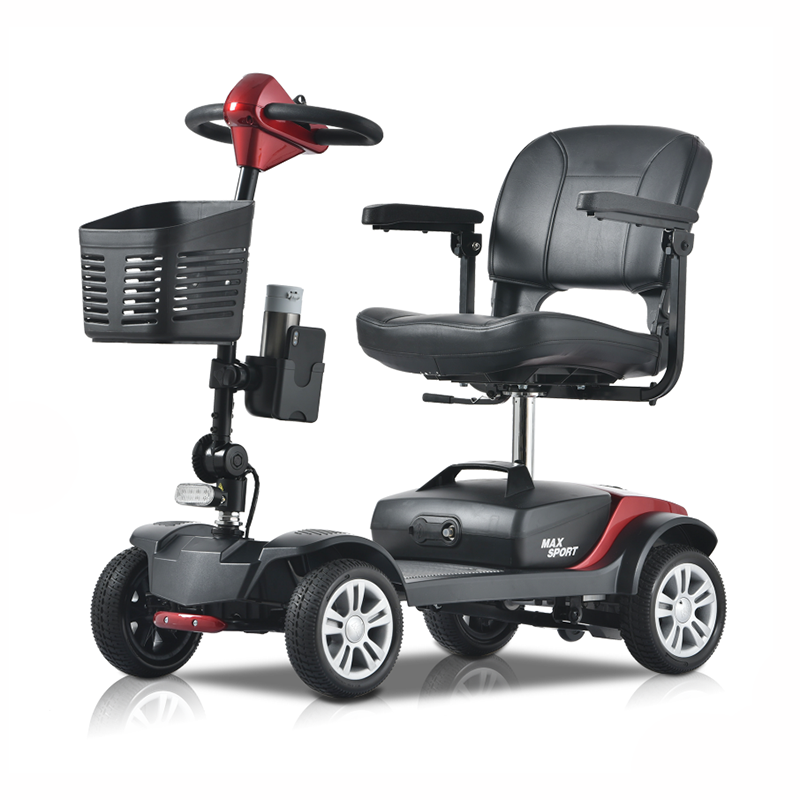In the evolving mobility industry, a Wholesale Wheelchair Manufacturer plays a vital role in transforming lives by prioritizing user-centered design. This approach focuses on tailoring wheelchairs to meet individual needs and preferences, ensuring comfort, safety, and accessibility. Combining ergonomic innovation with smart technology and modular components, this design philosophy not only improves usability but also supports independence and quality of life for wheelchair users.
User-centered design begins with understanding the diverse needs of wheelchair users, which can vary due to physical condition, lifestyle, and environment. Ergonomic design considers seat height, backrest angles, cushioning, and armrest placement to reduce strain and improve posture. This enhances comfort for prolonged use while helping prevent pressure sores and musculoskeletal discomfort. For manufacturers, integrating such design requires research and direct engagement with users to ensure practical solutions that improve everyday life.
Smart technology integration complements ergonomic design by enhancing accessibility and adaptability. Modern wheelchairs increasingly feature intuitive control systems, sensors, and connectivity options. These include joystick controls, adjustable speed modes, obstacle detection, and smartphone integration. Such technology allows the wheelchair to adapt to varying terrains and user needs, reducing physical effort and enhancing safety. Data-driven features can also monitor battery life and maintenance needs, enabling more proactive support for users. For wholesale wheelchair manufacturers, these technological innovations represent a meaningful step toward improving user satisfaction.
Modular components further strengthen user-centered design by offering adaptability and customization. Modular systems allow for interchangeable seats, footrests, armrests, and wheels, making it easier to adjust a wheelchair to individual requirements. This adaptability is particularly beneficial in healthcare settings, where devices may serve multiple users with differing needs over time. Modular design also extends the service life of a wheelchair by allowing worn parts to be replaced without full device substitution, aligning with sustainable manufacturing goals.
Material choice plays a significant role in comfort and usability. Lightweight alloys, durable composites, and breathable fabrics make wheelchairs easier to maneuver while enhancing durability. These materials improve portability without sacrificing strength and stability. For users, this means a wheelchair that feels easier to handle, whether indoors or outdoors, while providing long-lasting performance. Manufacturers focusing on material innovation can address both comfort and practical maintenance needs.
The combination of user-centered design, smart technology, and modularity not aonly enhances comfort but also transforms the mobility experience. By integrating ergonomic adjustments with advanced connectivity and customization options, wheelchair manufacturers can deliver products that adapt to the changing needs of users while improving their independence. This user-first approach reflects a growing trend in mobility device manufacturing, where personalization and adaptability are central to innovation.
Sweetrich adheres to this philosophy, focusing on innovation to provide flexible, comfortable, and high-quality mobility solutions that meet diverse needs, ensuring users' freedom of movement and enhancing their quality of life.

